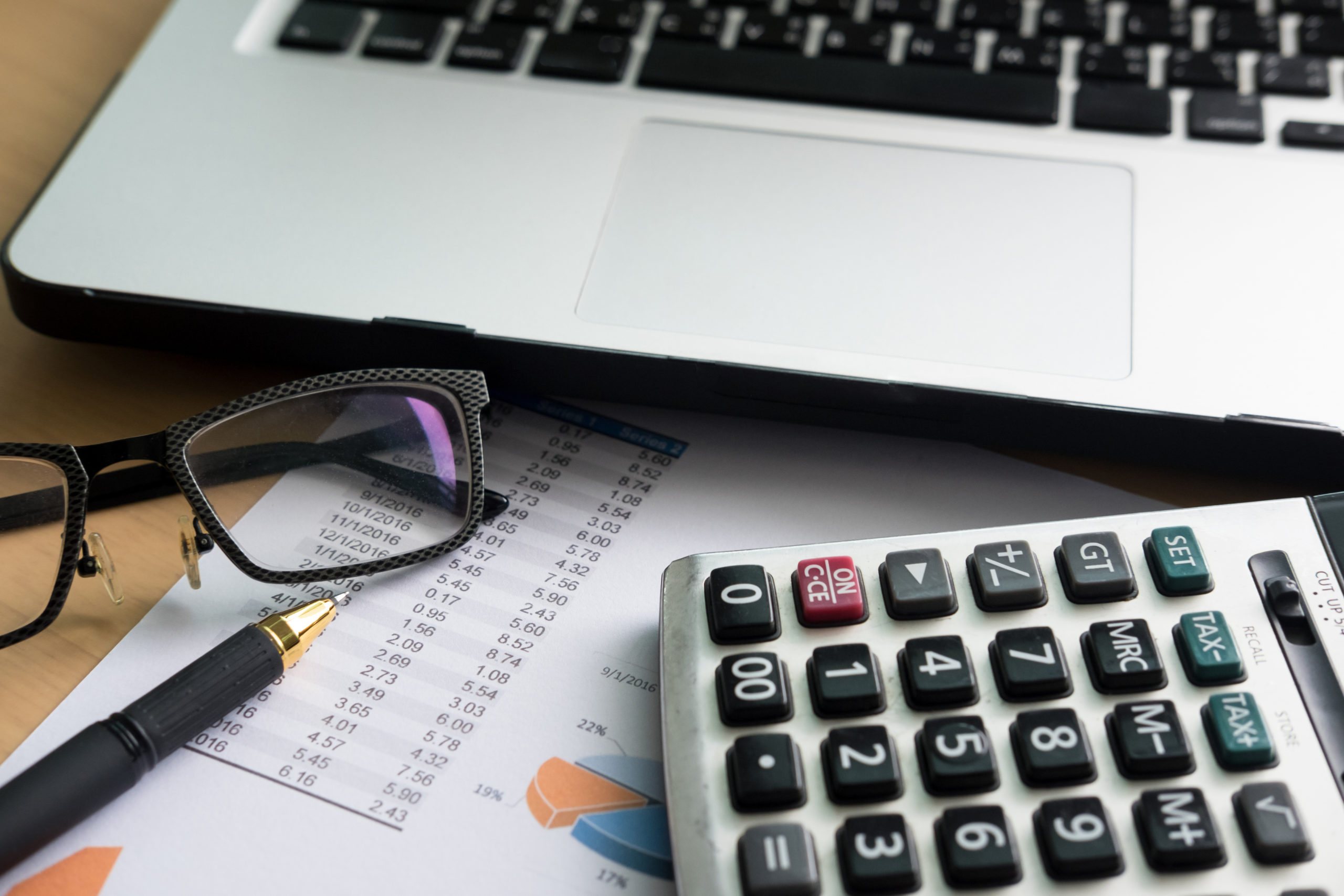If you have ever wondered if “good” debt is real, then you do not need to keep wondering because it most certainly is. Besides debt being considered a bad thing, there are quite a few circumstances where it is a good thing. Below, we’ll go over good debt and bad debt and explain how good debt can be beneficial and actually help with your financial future.
The Good Debt –
When it comes to debt, it can be considered “good” if you continue to make the payments as agreed upon. This will allow you to obtain a positive payment history on your credit report and even give your credit score a boost. In addition, a loan can even be considered “good” debt if it is used to obtain positive returns for the long run. Here are a few examples:
A Home Mortgage – Being able to borrow money to have a home to call your own is an excellent debt to take on. Moreover, once the mortgage is paid in full, your home value will likely increase. This will put extra money in your pocket if you decide to sell your home.
A Student Loan – Getting an education will always lead to more job opportunities. When you have a student loan that you are repaying, it will help you achieve your career goals more easily. On the flip side, you need to ensure that you do not come into any hardship that may hinder your ability to repay. If a hardship is experienced, then your student loan could easily become bad debt.
An Auto Loan – An auto loan is another debt that can be both good and bad. As a good debt, having a car loan paid on time can help you keep the car that gets you to your job. However, a car loan may also be a bad thing if your credit is not good enough to enjoy a low interest loan or if you’re having trouble making the monthly loan payment.
Get Started With a Free Debt Analysis
We make it easy on mobile or desktop. FREE with no obligations.
Understanding The Good Debt Risks –
As good debt is taken on, there is an assumption concerning our future goals that are based on our past results. However, there is no way to guarantee that the good future will end up the same as our good past. This means the education you obtain will not guarantee a job is waiting for you before you graduate. As well as the other types of debt we mentioned.
You need to remember that prior to acquiring debt, you should contemplate your return on investment (ROI).This way you can have an idea of what the future will look like during and after the debt.
Likewise, many American households are below the poverty line, which means the home they live in is not affordable. They will have a mortgage payment that is too high and with property taxes to pay, they have a harder time being able to keep up on other payments.
This is why having too much good debt can also turn bad. Also, don’t let good debt confuse you because it is not for everyone. When you do see yourself with too much good debt, you can always get credit counseling so that you have a resource that can teach you how to maintain debt payments.
The Bad Debt –
When it comes to bad debt, it is debt that you have left unpaid, whether it is intentional or unintentional. Also, bad debt may concern a purchase that does not offer you anything in return or has a negative impact on your credit. If too much debt is carried or used, then it will create a negative ratio of debt to income and you may end up looking to utilize a debt relief program.
This ratio can have a negative impact on your ability to obtain more credit cards, or if you do obtain a new credit card, then you can expect the interest to be high. When you have a high interest rate, then you can expect to be paying off the debt for a longer amount of time.
Loans that are high interest include those that are unsecured or used as a payday loan. These are often seen as being bad debt due to the high amount of interest connected to them, making a borrower become in more financial debt than they had hoped.
Steering Clear Of The Bad Debt –
By maintaining your debt to income ratio at a low amount, you will be able to enjoy a lot more borrowing opportunities. You also won’t be viewed as risky and lenders will be more than happy to extend credit to you. It is also a good idea to concentrate on paying off your current debt before taking on any more. This way, you will be able to maintain complete control of your finances. If you do need help paying off your unsecured debt, reach out to us at 1-866-699-2227 or visit us online at www.advantageccs.org and ask about our proven Debt Management Program.
